Reading Queerly
Essay by John David Hunter
“I put on some make-up / Turn on the eight-track / I’m pulling the wig down from the shelf / Suddenly I’m Miss Punk Rock Star of Stage and Screen / And I ain’t never / I’m never turning back!”
—Stephen Trask (Hedwig and the Angry Inch, 2001)
Growing up as a queer child unwittingly is an interesting experience, to say the least. Other people seem to know your identity better than you do yourself. I vividly remember coming out to one of my brothers, who instantly turned to me with a look of seeming confusion and said, “Yeah, I know.” I was quite taken aback by this in the moment. How come others were more in touch with my own identity, than I was myself? Did I truly not know myself for this long?
It wasn’t until I heard those first, defiant and bold words, boom over the big screen’s speakers and demand my attention—“Don’t you know me Kansas City? I’m the new Berlin Wall… try and tear me down!” (Hedwig). I was entranced. But it wasn’t as if those words were speaking to me—rather, they were speaking for me. Although, why exactly these particular words had spoken for me, I was unsure. In the moment I shrugged it aside—it was a queer film, it only makes sense for me to connect to it this way, right? For now it didn’t matter, but it felt as if there were still something in my head that hadn’t clicked yet. I was happy just enjoying the wonder of the film. If you aren’t familiar with it, Hedwig and the Angry Inch is a powerful punk rock musical—based on the original, off-Broadway theatre performance by the same name—and is a story about Hedwig’s search for their own gender identity, something which they were never allowed to define for themselves. Hedwig, assigned male at birth, is a transgender person who is the victim of a botched—not to mention, forced—sex-change operation. They subversively embrace their own abjection and jokingly refer to their genitals as an “Angry Inch,” hence the title of both the band and the film. Coming to know themselves more intimately, the film ends as they break through the oppressive chains of the heteronormative gender binary (Man/Woman) by realizing that they do not have to be defined inside these limiting constraints of heterosexuality, and thus embrace gender non-conformity rather than being forced into one of these categories. Spending more time with this film, I realized why it connected with me so much—I felt the exact same way. Not just with my non-conforming, genderqueer identity, but with most other areas in my life as well. I had constantly been defining myself through non-conformity, particularly in how I approached analyzing cultural texts. I fell in love with the things most of my other classmates hated. Herman Melville’s Pierre; or , The Ambiguities was a text that disgusted everyone in the class—but not me. I was captivated by this ingenious work—and when I read George Washington Peck’s review from the year of its publication (1852) in the New York American Whig Review, only to see him say it was “A bad book! Affected in dialect, unnatural in conception, repulsive in plot, and inartistic in construction. Such is Mr. Melville’s worst and latest work,” I became even more thrilled with the joy I experienced from this book.
Then it hit me. Just because I was not completely aware of my identity for a large part of my life didn’t mean that I wasn’t already performing it. Performativity creates the identity, and I was already quite an efficient performer. Queerness has nothing inherently to do with one’s sexuality or gender identity; instead, Queerness is a particular way of relation, which subversively identifies meanings in a way which disarticulates cultural sites where singular, monolithic meaning has been previously declared. Queerness is about exposing the plurality of meanings where we have been told by the dominant institutions that only singular meaning exists. I had been queerly reading cultural texts for the entirety of my life. Being constantly insistent on meanings which others couldn’t find, or just simply didn’t want to agree with, had been quite a familiar experience to me. I had once even been told by a math teacher, “I don’t even understand how you did that problem, but somehow you ended up getting the right answer anyway, so I guess it works,” in response to my unique way of completing a problem. Not only did I fall in love with the things everyone else didn’t care for, but I also found meanings within them which no one else did. I was more interested with relating intimately with texts in a way which changed my own perception of myself and the world around me, rather than passively identifying what others thought was important in them. In her essay “Queer and Now,” Eve Sedgwick states that “‘Queer’ seems to hinge much more radically and explicitly on a person’s undertaking particular, performative acts of experimental self-perception and filiation” (Sedgwick 9). I had no reason to feel that I was any less connected to my identity than others who became familiar with theirs much earlier—I had been performing it the entire time. Hedwig and the Angry Inch helped me to understand myself on a much more intimate level, and it also changed the way I approach reading and analyzing cultural texts. I have learned to embrace my instincts and to follow them to the places that remain undiscovered, in hopes to bring new meanings and ways of existing into the world around me. I no longer doubt the conclusions that I come to when no one else has reached a similar conclusion—instead, I dive headfirst back into the text to find more evidence for my subversive claims. The limits which once constrained me became the sites by which I reclaimed my own agency.
Sources
Hedwig and The Angry Inch. Directed by John Cameron Mitchell, performances by John Cameron Mitchell, Miriam Shor, and Stephen Trask. Killer Films, 2001.
Peck, George Washington. “Pierre; or , The Ambiguities Review.” Melville.org, New York American Whig Review, http://www.melville.org/hmpierre.htm.
Sedgwick, Eve Kosofsky. “Queer and Now.” Tendencies, Routledge, 1994, pp.1-24,
https://doi.org/10.4324/9780203202210.
John David Hunter (she/her): I am a disabled trans woman native to South Carolina. I am a writer, advocate, and instructor, whose research deals primarily with Film Theory. I am currently an Adjunct Professor within the English Department at Midlands Tech. I have one sweet and quite energetic lab/pitbull mix named Magnolia or “Maggie” for short. She gets her name from the flowers of the Southern Magnolia tree, which possess a bright white color, much like her own coat. On any given day, you may find me watching one of the many films of the brilliant director John Waters.
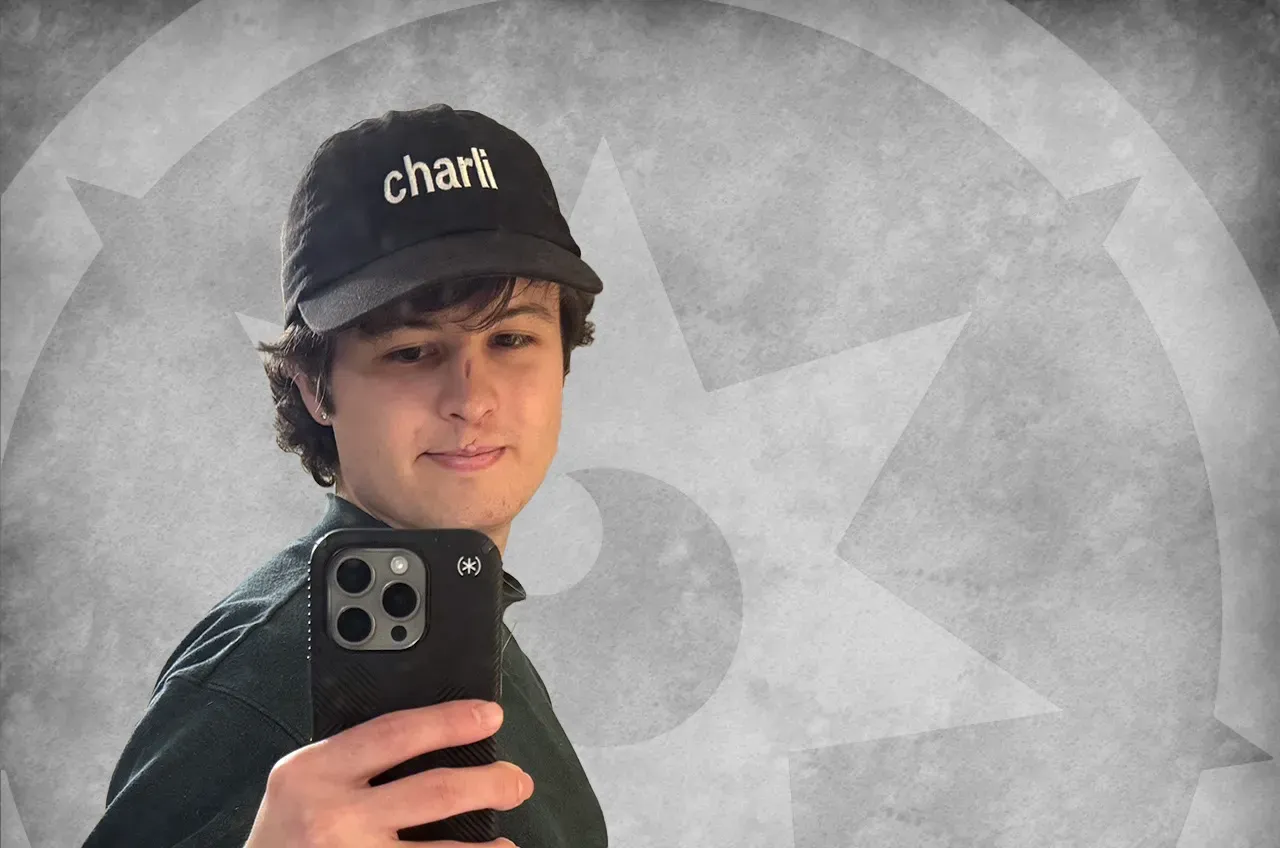
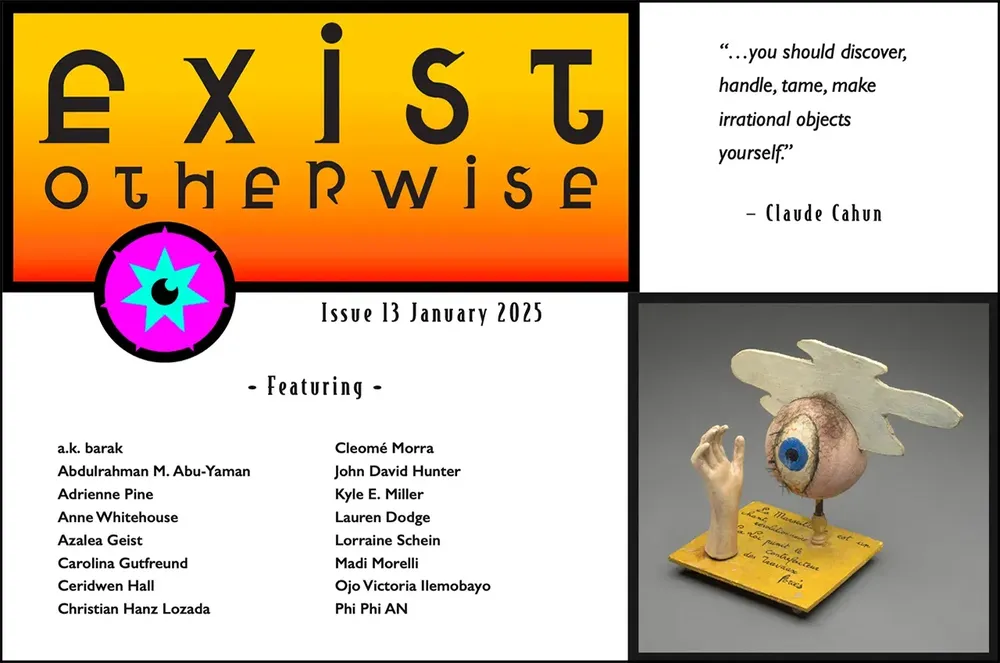
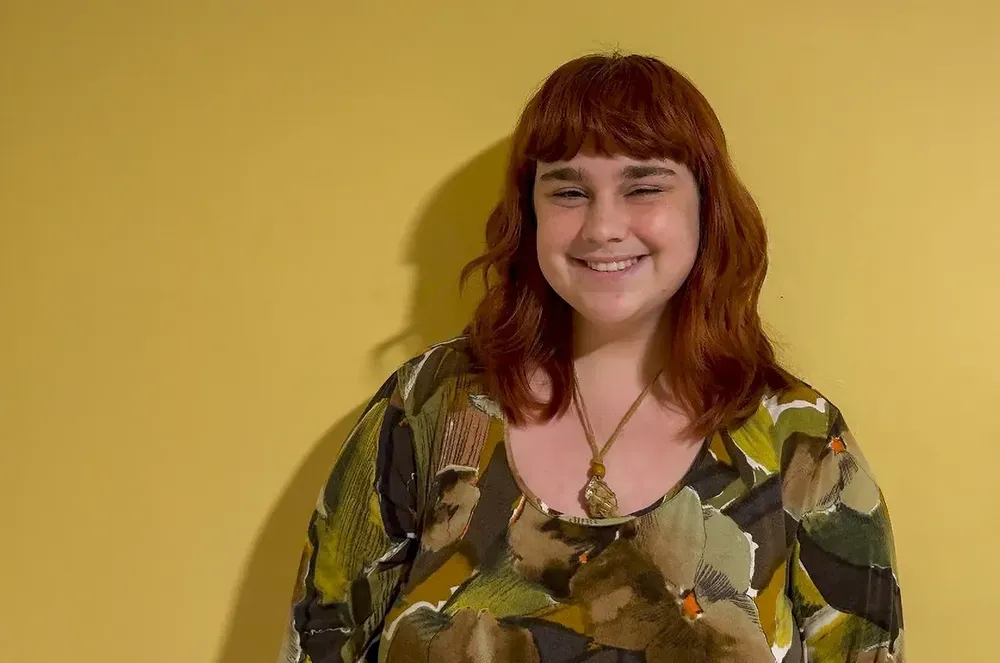
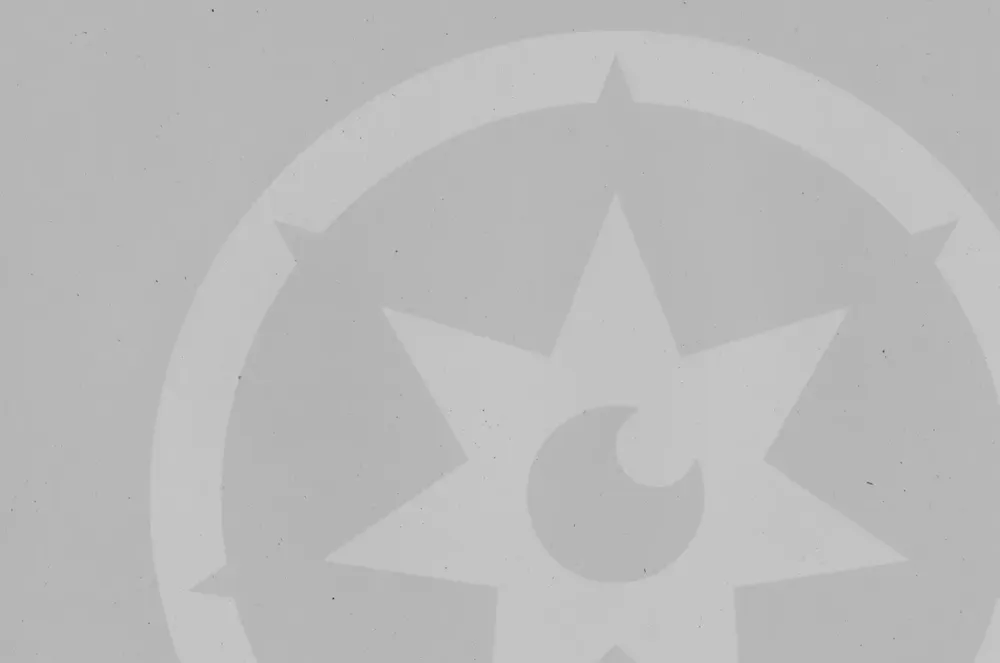
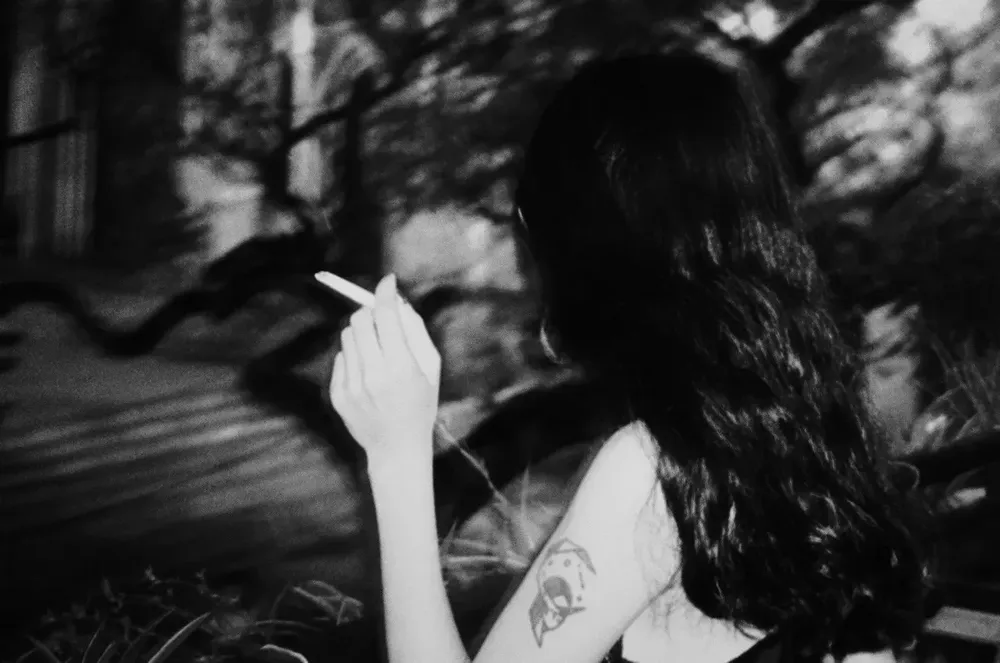
Comments